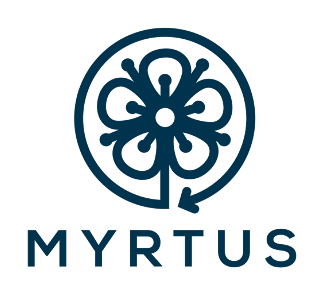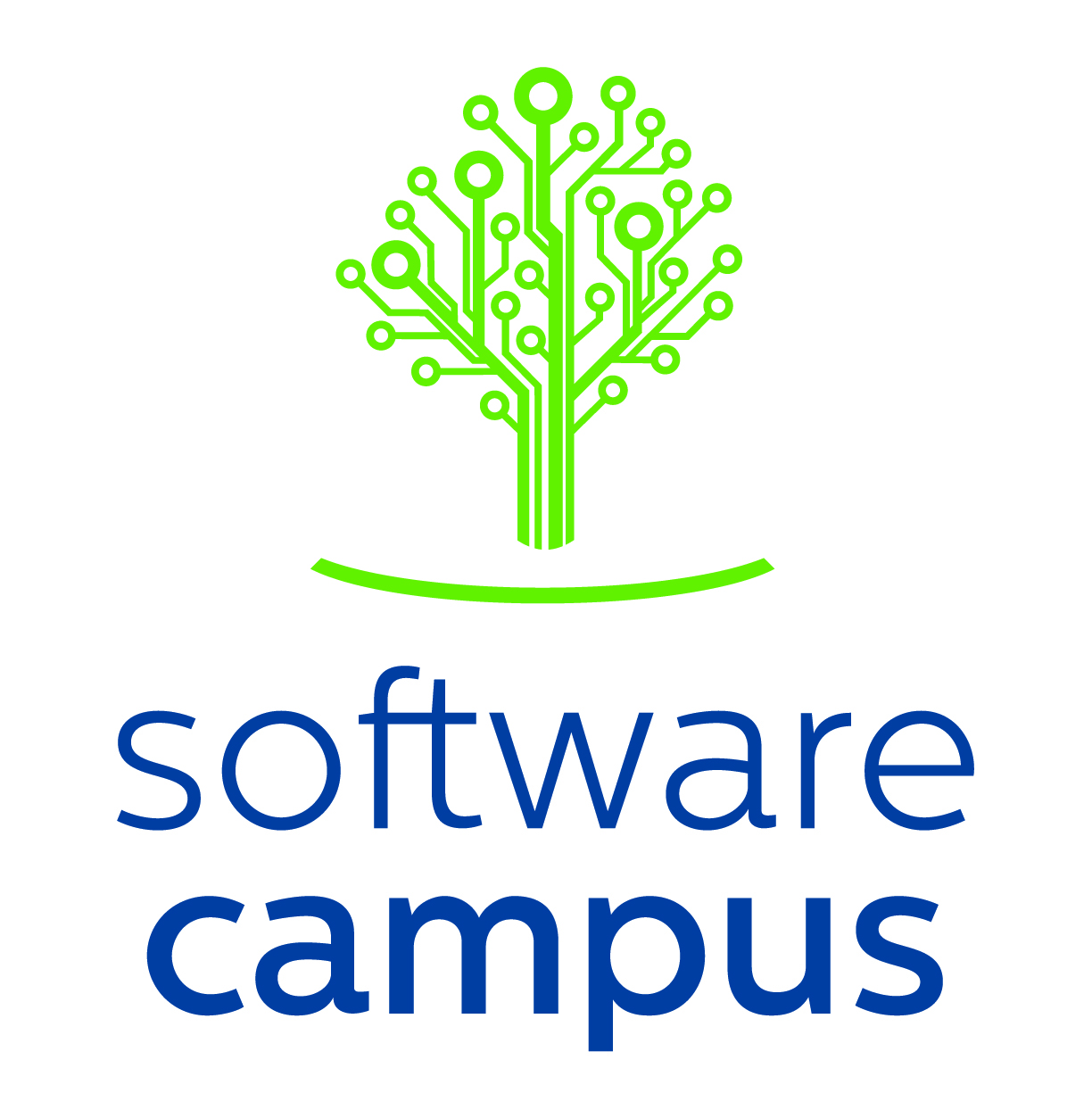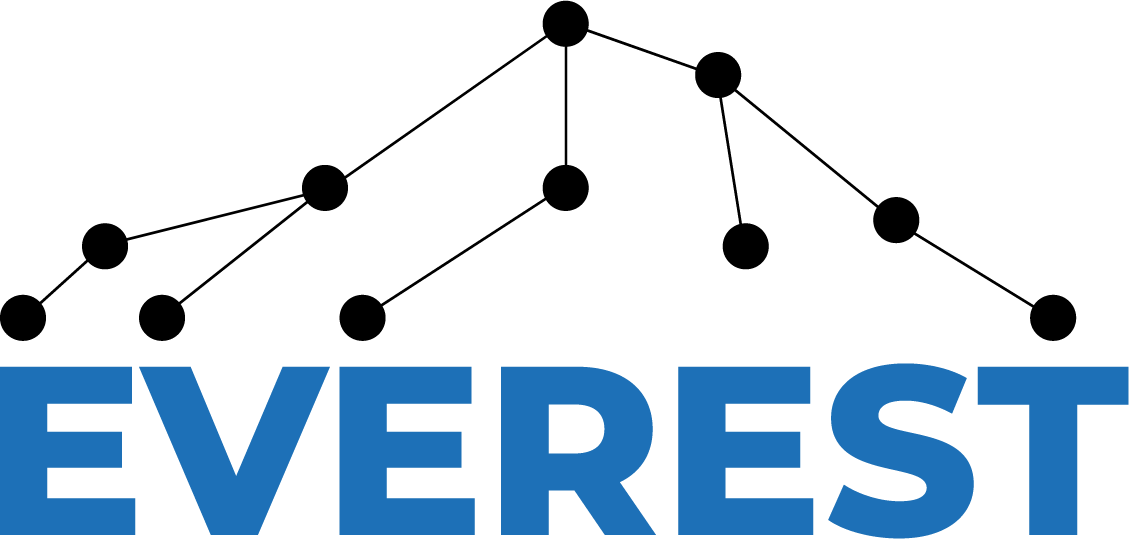Major Collaborations
|
MYRTUS is a large-scale European project coordinated by Abinsula SRL (Italy) with partners from Austria, France, Germany, Italy, Spain, Switzerland, The Netherlands and The United Kingdom. MYRTUS seeks to provide the technology to make Cyber-Physical Systems (CPS) capable of collaborating with humans towards a common goal. This includes a TransContinuum infrastructure, where edge, fog and cloud computing seamlessly integrate, and are transparently programmed and managed with methods that leverage state-of-the art artificial intelligence. |
 |
|
The Barkhausen Institut is an independent research institute in Dresden with focus on the core fields of the Internet of Things (IoT). The institute conducts application-oriented basic research with a time horizon of 5 to 10 years before market launch. |
 |
|
Advanced Micro Devices, Inc. (AMD) Research collaboration with AMD's ML tooling group in Cologne on high-level compilation for machine learning applications targeting upcoming adaptive hardware. |
 |
|
The CC Chair coordinates projects from the Software Campus at TU Dresden since 2019. Since 2023, Prof. Castrillon acts as deputy chair of the Software Campus in Germany. |
 |
|
cfaed - Center for Advancing Electronics Dresden cfaed started as Cluster of Excellence at Technische Universität Dresden, funded by the Deutsche Forschungsgemeinschaft (DFG) from 2012 to 2018. The Center aims at impacting the future of electronics by initiating revolutionary new applications (e.g., electronics featuring zero-boot time, THz imaging, and complex biosignal processing). |
 |
|
6G-life will drive cutting-edge research for 6G communication networks with a focus on human-machine collaboration. 6G-life provides new approaches for sustainability, security, resilience and latency and will sustainably strengthen the economy and thus digital sovereignty in Germany. The CC Chair is responsible for novel programming models for efficient execution on 6G-enabled disaggregated architectures. |
 |
|
ScaDS.AI is one of five new AI centers in Germany funded under the federal government’s AI strategy and is to be established as a permanent research facility. The CC Chair is responsible for both advancing the field of Machine Learning for Code and for working on languages and compiler infrastructures for efficient execution of workloads on heterogeneous systems. |
 |
|
HiPEAC (European Network of Excellence on High-Performance Embedded Architecture and Compilation) Since 2008 Prof. Castrillon has been an active member of the European Network of Excellence HiPEAC. The CC Chair continues to actively participate in this thrilling network. HiPEAC's missions are:
|
 |
Past collaborations
|
EVEREST: dEsign enVironmEnt foR Extreme-Scale big data analyTics on heterogeneous platforms Future Big Data systems will be data-driven, but also featuring complex heterogeneous and reconfigurable architectures that must be redesigned or customized based on the nature and locality of the data, and the type of learning/decisions to be performed. EVEREST addresses the matching problem between future application (and data) requirements, and the characteristics of the underlying heterogeneous hardware. The project aims at developing a holistic approach for co-designing computation and communication in a heterogeneous, distributed, scalable and secure systems for High Performance Big Data Analytics. This is achieved by simplifying the programmability of heterogeneous and distributed architectures through a “data-driven” design approach, the use of hardware-accelerated AI, and through an efficient monitoring of the execution with a unified hardware/software paradigm. |
 |
|
The CC Chair had a close cooperation with Silexica for 7 years until his acquisition by AMD in 2022. Silexica was an award-wining company that provided tools for programming embedded multicore architectures. Together with the Silexica team, we worked on methodologies and algorithms for programming heterogeneous systems with focus on FPGA technology. Silexica is since 2021 with Xilinx Inc and later with AMD. |
|
RoSI Research Training Group (Graduiertenkolleg) The DFG Research Training Group "Role-based Software Infrastructures for continuous-context-sensitive Systems" (RoSI) aims to apply the concept of roles at different abstraction levels, i.e., modeling of concepts, languages, applications, and software systems, and demonstrate its practical applicability. The CC Chair investigates compiler optimizations, mostly at run-time, to reduce the performance overhead incurred by programming with roles. |
 |
|
NI provides powerful, flexible technology solutions that accelerate productivity and drive rapid innovation. From daily tasks to grand challenges, NI helps engineers and scientists overcome complexity to exceed even their own expectations. Customers in nearly every industry—from healthcare and automotive to consumer electronics and particle physics—use NI’s integrated hardware and software platform to improve our world. |
 |





